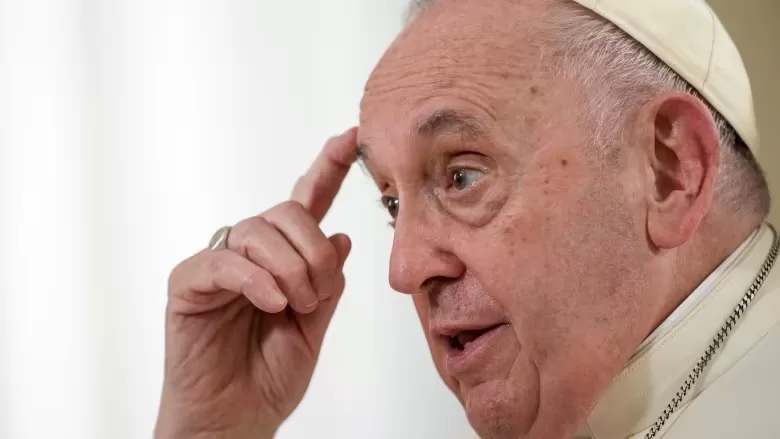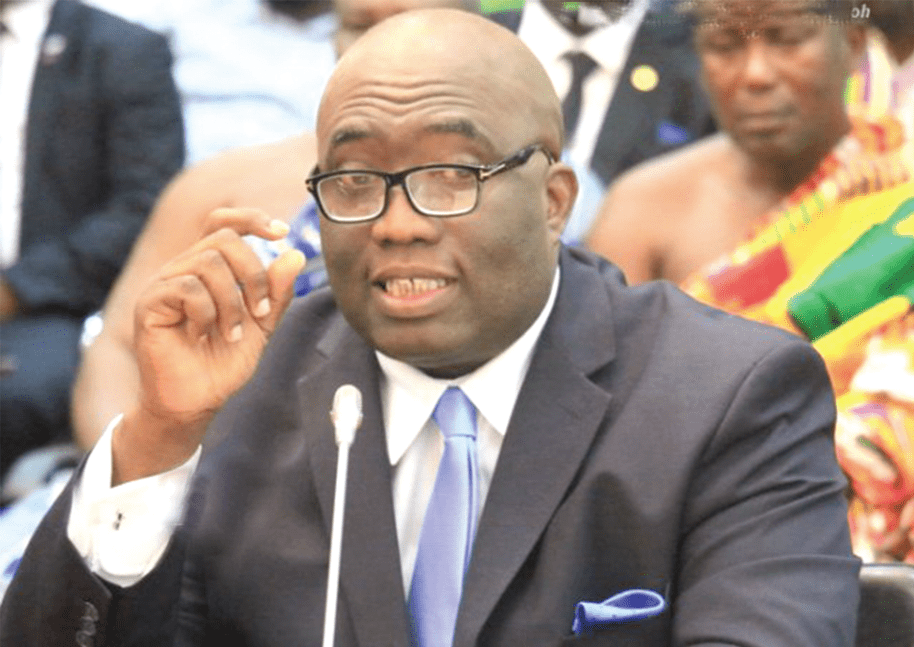Pope Francis condemned “unjust” legislation criminalizing same-sex relationships around the world, saying “being homosexual is not a crime” in an interview published Wednesday.
He said the church must work to end such laws, while Catholic bishops who support them “have to have a process of conversion.” Instead, the clergy should offer “tenderness, please, as God has for each one of us,” the pontiff told the Associated Press.
“We are all children of God, and God loves us as we are and for the strength that each of us fights for our dignity,” he said.
At least 67 countries, the majority in Africa or the Middle East, have national laws against same-sex relations, while at least nine others criminalize gender expression against transgender or other people, according to Human Rights Watch.
The pope is set to visit South Sudan — one of the countries that criminalizes homosexuality — from Feb. 3 to 5.
In the United States, meanwhile, more than a dozen states still have anti-sodomy laws, the AP reports, even though the Supreme Court determined them to be unconstitutional in 2003.
Although Francis criticized the criminalization of homosexuality, he made it clear he believes gay acts are a sin. “Let’s distinguish between a sin and a crime,” the pope said.
The church teaches that homosexual acts are “intrinsically disordered,” and though Francis has tried to use a more welcoming tone toward LGBT Catholics — most famously saying, “Who am I to judge?” — he has been unwilling to alter the official church stance.
That has left some of his supporters wishing for more. In 2021, the Vatican’s doctrinal body said Catholic priests can’t bless same-sex marriages. That decree, signed by Francis, came even after he had been quoted in a documentary as advocating for civil union laws.
The issue of how the church approaches LGBT issues could come to a boiling point during an extraordinary churchwide assembly that Francis is convening in October. Conservatives fear the consultation will undermine the church’s long-held moral positions.
A preparatory Vatican document cited calls from parts of the church to become more welcoming to those who “feel a tension between belonging to the Church and their own loving relationships.”



















